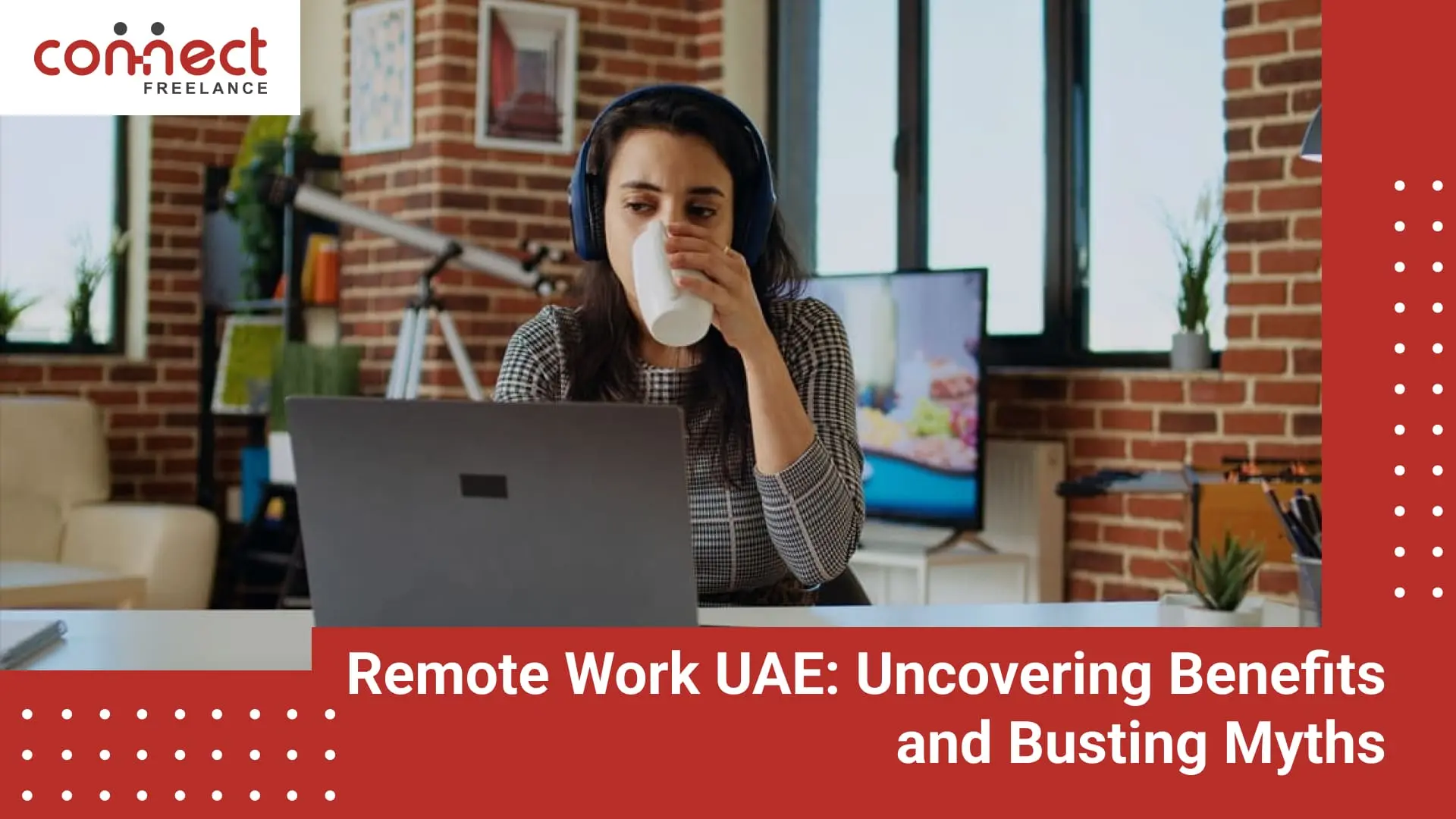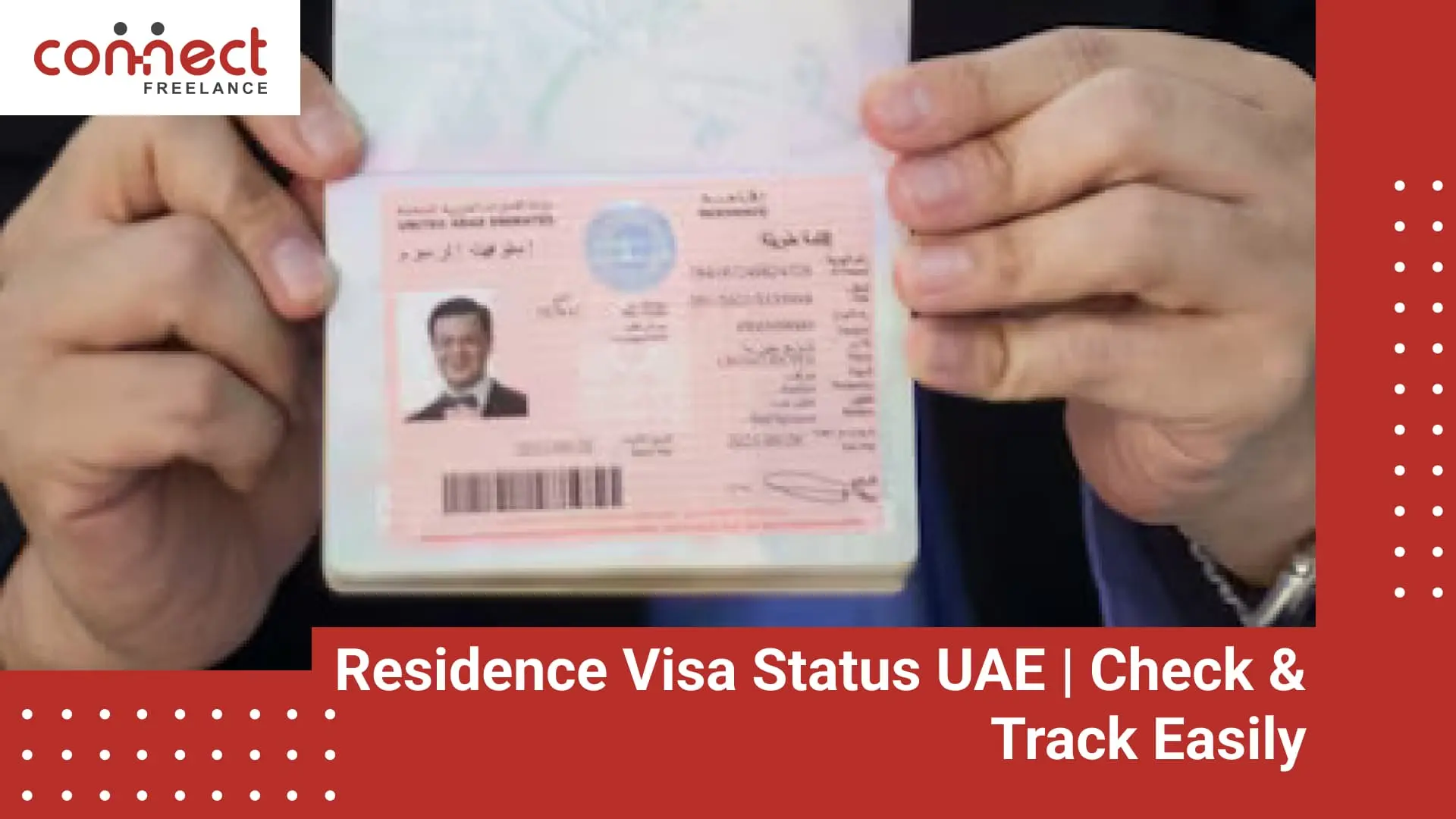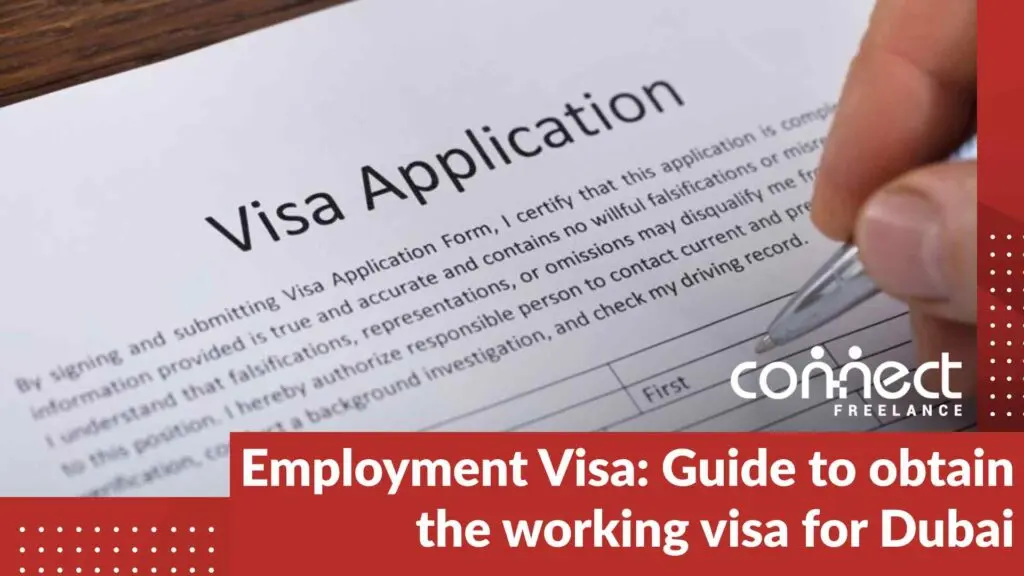UAE Residence Visa for Parents – All You Need to Know
In the UAE’s culture, family plays a central role. The country has extended that value to its visa policies. Among many visas, a UAE residence visa for parents is a prominent one. The visa allows expats to bring their parents to live with them in the Emirates. The growing expat population has increased its demand as more residents want to keep their families together under one roof. The guide walks you through benefits, eligibility, requirements, costs, and the complete application process for sponsoring your parents in the UAE. The UAE Residence Visa for Parents Simplified Before sponsoring your parents to start living with you legally in the Emirate, you should know what a residence visa for parents is, how much the fee is required to be eligible for it, and other requirements. What is a UAE Residence Visa for Parents? The residence visa for parents in UAE is a family sponsorship visa that permits expatriate residents to legally sponsor their parents to live with them. Unlike a visit visa, this residence visa gives long-term stability and access to key services like healthcare and Emirates ID. To sponsor parents, the resident (son or daughter) must hold a valid UAE residency visa, meet the minimum salary requirement, usually AED 20,000 in Dubai, and provide proof of suitable housing. In most cases, you must sponsor both parents together, unless you can provide official documentation (such as a death certificate or divorce decree) proving why only one can be sponsored. Why This Visa is Gaining Popularity The UAE residence visa for parents is becoming increasingly popular due to the country’s rapidly growing expatriate community. Many expats want their aging parents close by rather than living apart. Key Benefits of Sponsoring Parents in the UAE In this section, we discuss the benefits of sponsoring your parents in the UAE in detail. Family Togetherness and Emotional Support Emotional well-being is the biggest advantage of the family sponsor visa. Long-distance relationships can be stressful when health or age-related concerns arise. Having your parents nearby minimizes travel-related separation. Their presence helps them enjoy family milestones and brings psychological comfort. Access to UAE’s Healthcare and Facilities Healthcare access is another key benefit. Parents on a residence visa for parents are eligible for health insurance for UAE residents. It is mandatory and allows them to use the world-class hospitals and medical facilities. Parents can enjoy peace of mind by having it. Is Sponsoring Parents the Right Option for You? The residence visa offers incredible emotional and practical benefits. It also comes with responsibilities. You bear the cost of their visa, health insurance, and accommodation as a sponsor. This visa is an excellent option if you have the financial stability and space to accommodate your parents. If you find it financially overwhelming, long-term visit visas may work better. Eligibility and Requirements As a sponsor, you must meet the eligibility criteria to sponsor your parents through a residence visa. Sponsor Eligibility Criteria To apply for a residence visa for parents in UAE, the sponsoring resident must earn a minimum monthly salary of AED 20,000 in Dubai. He/she must hold a valid UAE residency visa. They are eligible to provide a tenancy contract for a two-bedroom apartment or villa. Show evidence that parents depend on them financially and require their care. Documents Required Preparing the important documents is necessary when applying for your parents’ residence visa. You may be required to have a valid passport for parents, the sponsor’s passport and residence visa copy, parent’s passport-sized photographs, sponsor’s salary certificate, an attested birth certificate of the sponsor, health insurance proof for both parents, tenancy contract, affidavit from the consulate, bank statement, and an attested death/divorce certificate if applying for one parent only. Step-by-Step Application Process This section covers the residence visa application process for your parents. Pre-Application Preparations Make sure all documents are attested by the authorities before applying. Arrange your tenancy contract, salary slips, and bank statements. These will be required to prove financial stability. Submitting the Application Applications can be submitted through GDRFA for Dubai, via ICA for Abu Dhabi and other Emirates, or at authorized typing centers. Sponsors also prefer using Amer service centers in Dubai for convenience. Visa Issuance & Renewal Process The visa is usually valid for one year when approved. It depends on the emirate and the type of application. However, renewals follow the same steps and must be initiated before expiry to avoid fines. We are recommending that you check renewal timelines. Missing deadlines can result in penalties. Processing Time & Fees We go over the processing time and fees in this section for your better understanding. Expected Processing Duration Typically, the processing time for a parent visa ranges between 2–4 weeks. Delays may occur due to incomplete documents, higher application volumes, etc. Cost Breakdown The cost varies depending on the emirate. The residence visa fees are around AED 5,000 to AED 9,000. It’s an estimated total cost for both parents. Health insurance for UAE residents is included in this cost. Checking UAE Residence Visa Status Track the UAE residence visa status online after applying. Use the official GDRFA portal for Dubai or the ICP website for Abu Dhabi and other emirates. You can also use mobile apps for easy tracking. To view progress, enter the application reference number or Emirates ID. Common Mistakes to Avoid Submitting incomplete or non-attested documents and forgetting the salary requirement or providing outdated salary slips may delay your visa process. Missing renewal deadlines also leads to visa cancellation and fines. Applying for one parent without the required proof can sometimes delay your application process. Double-checking all requirements can save you from costly delays. FAQs 1.Can I sponsor both parents in the UAE? Sponsoring both parents together is mandatory. Otherwise, you can provide legal proof of why only one can be sponsored, like a death certificate. 2.What is the minimum salary to sponsor parents in Dubai? The minimum salary must be AED 20,000 to sponsor your parents in Dubai. 3.Do




































